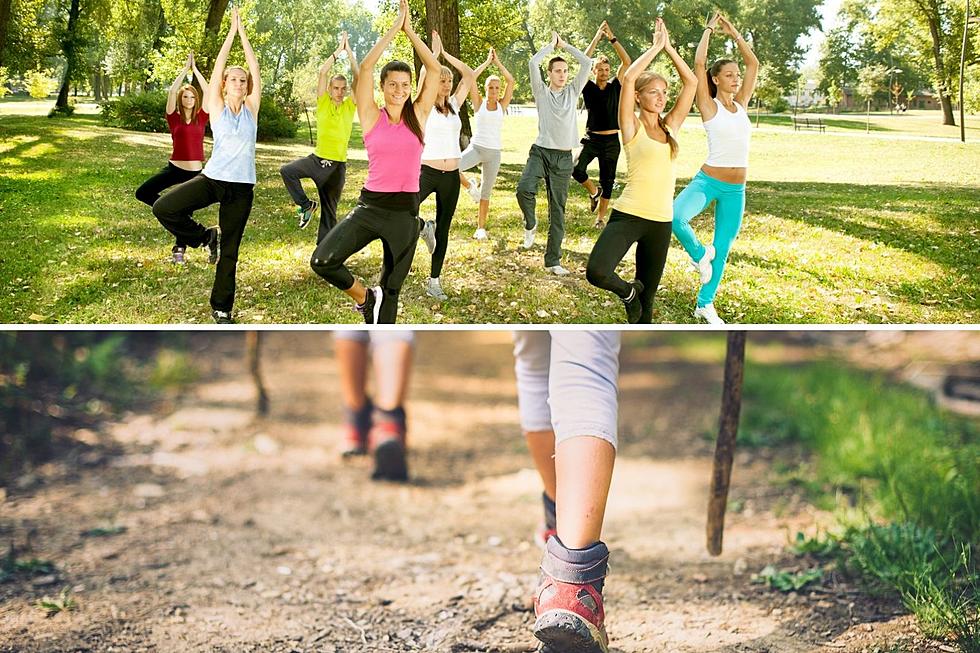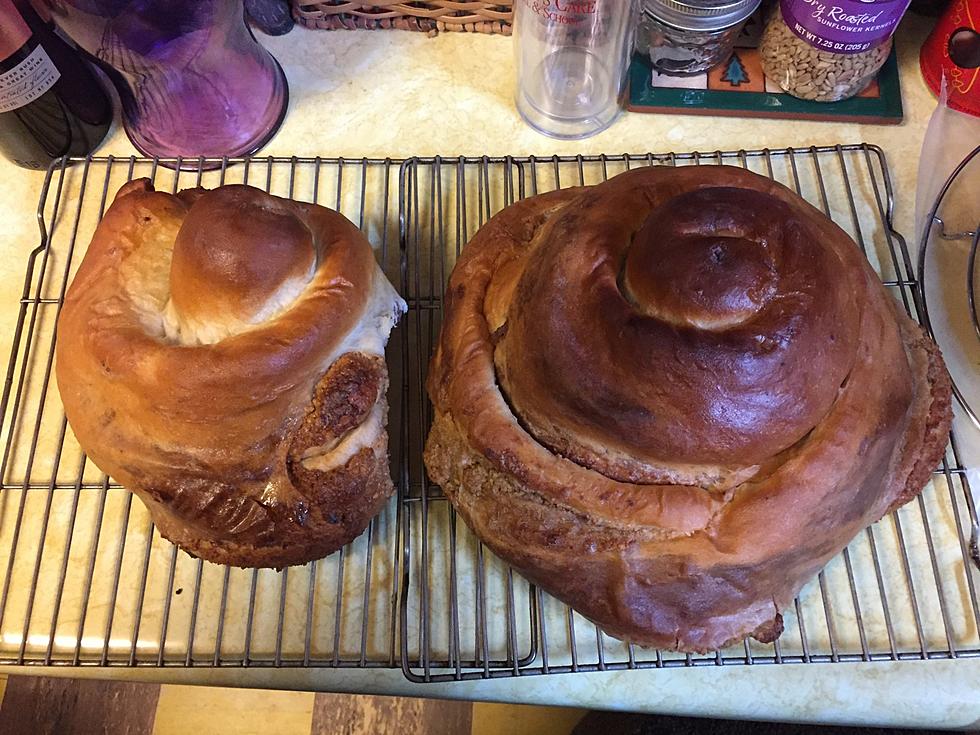
How to Recognize Seasonal Depression, 9 Tips for Relief
As fall continues and winter approaches, the colder days matched with less sunlight can affect one's mood and hinder your lifestyle. Seasonal Depression hits 10 million Americans each year, especially those who live in cold-weather areas like South Dakota.
According to the Mayo Clinic, the medical definition of seasonal depression is as follows:
Seasonal affective disorder (SAD) is a type of depression that's related to changes in seasons — SAD begins and ends at about the same times every year. If you're like most people with SAD, your symptoms start in the fall and continue into the winter months, sapping your energy and making you feel moody. Less often, SAD causes depression in the spring or early summer.
If you believe you have SAD, here are some of the common symptoms associated with the disorder:
- having less energy
- sleeping more than normal
- loss of interest in activities
- inability to focus and/or think clearly
- increased appetite
- increased irritability
SAD can affect men, women and people of all ages, including children. It can be controllable without having to result to antidepressant medication, but it does take some work. Here are some tips that may help ease your symptoms:
Light therapy
There are tools on the market that mimic sunshine and give you that extra boost of happiness. Light therapy boxes provide light that is much brighter than regular household lights. The box is found to be most effective when you wake up in the morning and it’s best to use it for at least 30 minutes throughout the day.
Get some exercise
Getting to the gym can be the hardest task sometimes. It just sounds like a miserable idea and hey, it’s easier to stay home. But doctors recommend exercise and activity to be one of the best things for SAD. So if it’s not too cold, head out for a walk, hit the gym or take a group class! You’ll feel happy you accomplished it, and that kick of energy will carry you throughout the rest of your day.
Stick to a consistent schedule
Those with SAD can have a tough time sleeping at night and find it hard to wake up in the morning. If you push yourself to stick to a regular schedule, your sleep will more than likely improve and your mood swings will be lessened. Also, if you do catch some extra z's, try to avoid oversleeping. This can end up making you feel more ‘down’ and fatigued when you try to continue your day.
Get outside
Yes, we do live in an intense cold-weather climate and getting outside when it’s that chilly does not sound fun. But if you dress properly, getting that extra fresh air and sunshine can boost your energy and make you feel more refreshed. Plus, the exercise is a plus. If you can't get outdoors, try to let as much sunlight in as possible, before the sun heads down.
Meditation
Lets face it, we are all busy. Taking even an extra five minutes for ourselves to calm down sounds like a daunting task. But we need to do this sometimes. Simply listening to relaxing meditation audio, soothing music or practicing healthy breathing habits can relax you and take away some extra stress.
Aromatherapy
Essential oils, such as lavender and chamomile for instance, have soothing tendencies. Even a simple candle with calming effects can help trigger a more positive mentality.
Up your vitamin intake
Vitamin D is known to be one of the most beneficial vitamins when it comes to aiding depression. Ask your doctor how much Vitamin D is best for you to take each day. B12 complexes are also a simple, affordable and healthy way to combat minor depression symptoms.
Journal
Some people find it refreshing and relieving to write down all their negative thoughts. Get it out of your system. Instead of holding in pent-up frustration, journal each day. Write down how you are feeling, something that may have upset you, and then positives of the day. It’s best to end on a positive note. However, don't result to social media to do so. Not only is it unhealthy for you, but it also brings others down and can cause more unwanted hostility.
Take a vacation/staycation
It can be great to get out of your natural environment when you are feeling down. I know it isn’t that easy, but just getting away for even a day to a new environment can really make you feel better. Of course it would be great to go to a sunny, warm climate if possible, but even just having a staycation and staying in a hotel for a night can help. The excitement of doing something different can have a positive effect.
More From KKRC-FM / 97.3 KKRC









